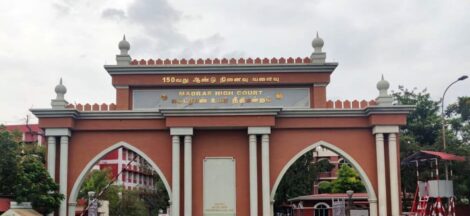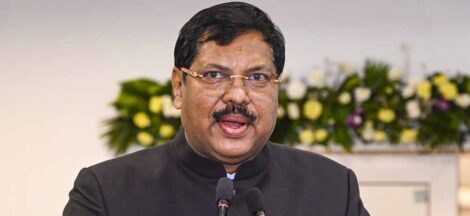West Bengal Chief Minister Mamata Banerjee has expressed strong opposition to the Supreme Court’s recent decision to uphold the cancellation of approximately 25,000 teaching and non-teaching positions in state-run schools. The apex court’s ruling confirmed the Calcutta High Court’s earlier verdict, which found significant irregularities in the recruitment process conducted through the State Level Selection Test in 2016.
The Supreme Court bench, comprising Chief Justice Sanjiv Khanna and Justice Sanjay Kumar, stated that the entire selection process was “vitiated and tainted” due to “large-scale and pervasive manipulations.” The court ordered a fresh recruitment drive, allowing only non-tainted candidates to return to their previous government positions.
In response, Banerjee voiced her discontent with the judgment, describing it as a “gross injustice.” She emphasized her commitment to safeguarding the interests of the affected teachers, stating, “If someone has committed a mistake, it can be rectified, but snatching 25,000 jobs is a gross injustice.” She further questioned the feasibility of school operations without these educators, highlighting the potential disruption to the state’s education system.
The controversy dates back to April 2024, when the Calcutta High Court annulled the appointments made through the SLST 2016, citing evidence of OMR sheet tampering and rank manipulation. The court mandated that those who were appointed illegally must return their salaries with 12% interest. The West Bengal government subsequently challenged this decision in the Supreme Court, leading to the recent affirmation of the cancellations.
Banerjee has accused opposition parties, particularly the Bharatiya Janata Party , of influencing the judiciary and orchestrating a conspiracy to undermine her administration. She alleged that BJP leaders have been “influencing judiciary and judgments,” and labeled the party as a “job-eater,” asserting that they conspired to “snatch away” the livelihoods of nearly 26,000 teachers.
The Chief Minister also expressed concerns about the broader implications of the court’s decision, suggesting that it was a deliberate attempt to prevent the affected individuals from being deployed for poll duties during elections. She claimed, “So many jobs have been taken away so that these job losers cannot be deployed in poll duty during elections and central government employees can be engaged, who will work at the behest of the saffron camp.”




 India, Sri Lanka Ink Major Defence Pact Following Talks Between PM Modi And President Dissanayake
India, Sri Lanka Ink Major Defence Pact Following Talks Between PM Modi And President Dissanayake 